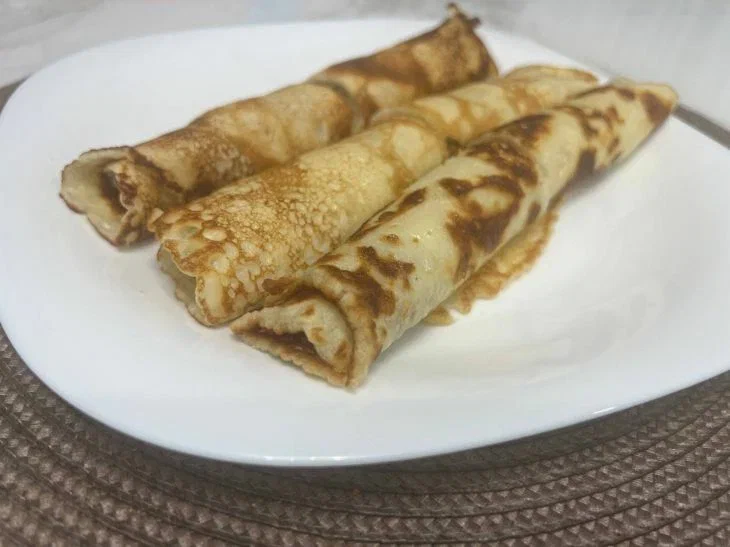Why Keep a Food Diary: A Good Way to Control What We Eat
The food diary is designed to honestly and thoroughly record all indicators related to food: time of meals, weight of food eaten, your emotional state.
If you do everything right, you will end up with a complete picture of your own eating habits. Based on this, you will be able to choose the most effective path to improving your health.
What is a food diary for?
Keeping a food diary serves several purposes.
Determining daily caloric intake
To successfully lose weight or gain weight, it is important to determine the daily caloric content of food, especially if you do not have an intuitive sense of proportion and are prone to overeating. Tracking the weight of portions, analyzing the nutritional value of products and keeping a diary will help you develop your observation skills and learn to control your food consumption.
After a few months of regularly recording the foods you eat, you can easily transition to intuitive eating.

Identifying food intolerances or food allergies
If you keep a diary of the reactions caused by a particular food, you will be able to identify connections between foods and your well-being that are not so obvious at first glance. A specialist consultation will be required to confirm or refute the diagnosis.
Correction of drinking regime
By keeping a diary of the amount of fluid you drink throughout the day, you can see how much of that fluid is pure water, not replaced by tea, coffee, soda and juices.
Moreover, drinking certain drinks can lead to dehydration.
Discovering Emotional Addiction to Food
A food diary can help you identify patterns of food consumption in response to life events and the emotions they trigger. For example, you may be surprised to discover that when you feel sad, you reach for chocolate or other sweets.
Earlier we talked about which tea is healthier : black or green.
